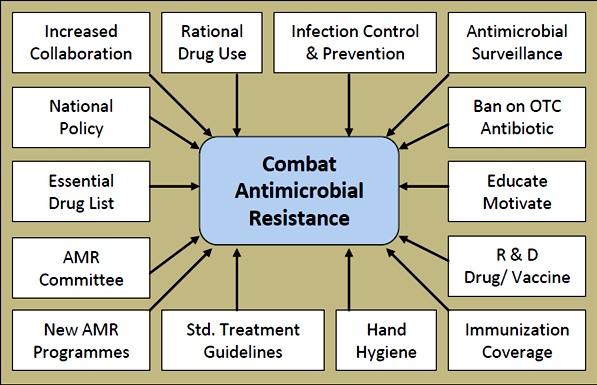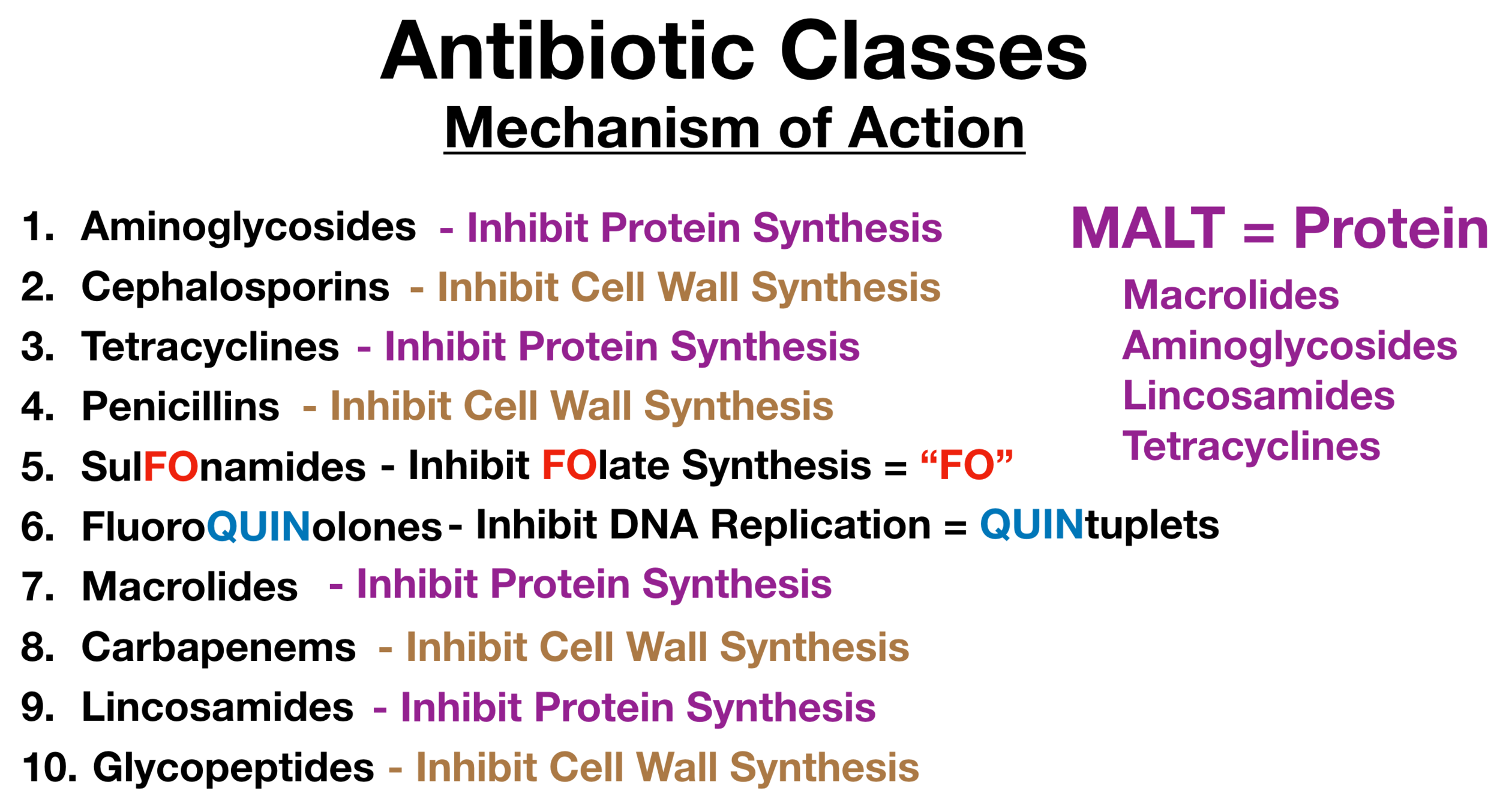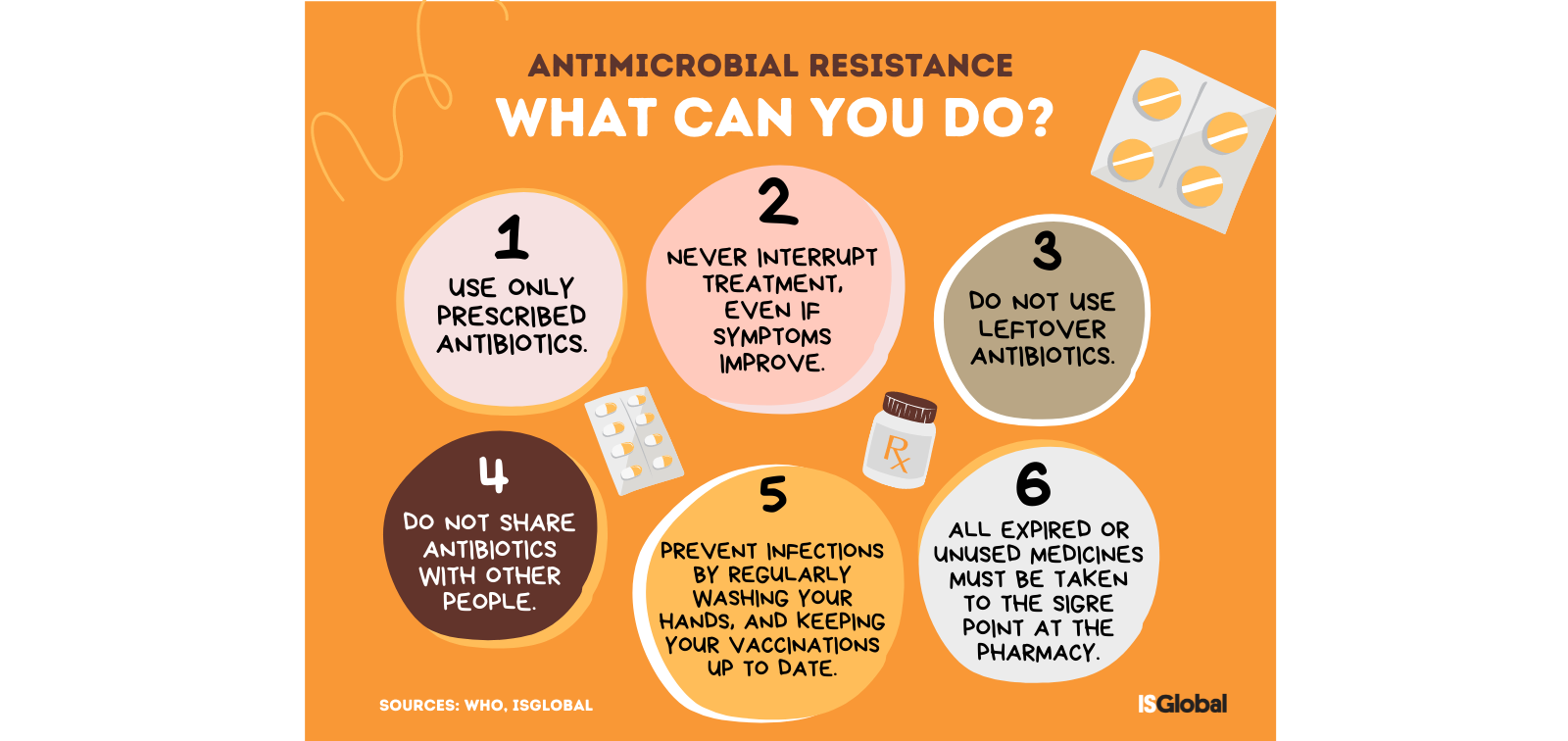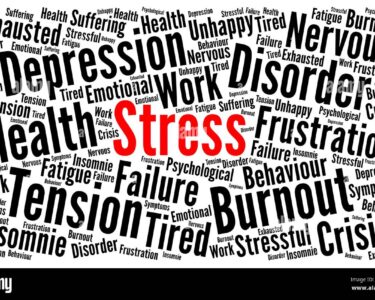Demystifying Antibiotics: 4 Simple Ways They Combat Infections

Antibiotics play a crucial role in modern medicine, helping us combat bacterial infections that have the potential to cause serious harm. Understanding how antibiotics work to fight infections can empower us to make informed healthcare decisions. In this article, we’ll delve into the mechanisms behind antibiotics and explore four simple yet effective ways they combat infections.
read more about Demystifying Antibiotics: How They Work and When to Use Them
Table of Contents
- Introduction
- The War Against Bacteria
- Inhibition of Cell Wall Formation (H1)
- Disruption of Protein Synthesis (H1)
- Interference with DNA Replication (H1)
- Blocking Essential Metabolic Pathways (H1)
- The Evolution of Antibiotics (H2)
- Common Types of Antibiotics (H2)
- The Role of Antibiotics in Modern Medicine (H2)
- Misuse and Overuse of Antibiotics (H2)
- Building Antibiotic Resistance (H3)
- Preventing Antibiotic Resistance (H3)
- The Future of Antibiotics (H3)
- Conclusion
Introduction
Antibiotics are like warriors in our body’s defense system, targeting and eliminating harmful bacteria that can lead to infections. In this article, we’ll explore the fascinating ways antibiotics combat infections.
The War Against Bacteria

Bacteria are microscopic organisms that can enter our body and cause infections. Antibiotics are our allies in this battle, using various strategies to take down these invaders. Let’s dive into the four main ways antibiotics work.
-
Inhibition of Cell Wall Formation (H1)
Certain antibiotics, like penicillin, target bacterial cell walls. These antibiotics prevent the synthesis of cell walls, causing the bacteria to burst due to osmotic pressure imbalances. This is a powerful tactic against bacteria, particularly those that rely on strong cell walls for protection.
-
Disruption of Protein Synthesis (H1)
Proteins are essential for the survival of bacteria. Antibiotics like tetracycline interfere with the process of protein synthesis in bacterial cells. By binding to ribosomes, they prevent the production of proteins, ultimately leading to the bacteria’s demise.
-
Interference with DNA Replication (H1)
DNA replication is a key process in bacterial reproduction. Antibiotics such as fluoroquinolones inhibit the enzymes responsible for DNA replication. This prevents bacteria from multiplying, giving our immune system a better chance to eliminate them.
-
Blocking Essential Metabolic Pathways (H1)
Bacteria rely on specific metabolic pathways to survive and reproduce. Antibiotics like sulfonamides hinder these pathways by mimicking essential nutrients. This starves the bacteria and stops their growth.
-
The Evolution of Antibiotics (H2)
The discovery of antibiotics revolutionized medicine. We’ll embark on a fascinating journey through the annals of medical history to uncover the origins of antibiotics and witness their remarkable evolution over time. The story begins with the accidental discovery of penicillin by Sir Alexander Fleming in 1928, a breakthrough that revolutionized medicine. From there, we’ll trace the development of various antibiotic classes, showcasing the relentless pursuit of scientists to combat ever-evolving bacterial threats. Along the way, we’ll highlight pivotal moments, groundbreaking research, and the tireless efforts of countless individuals who have shaped the antibiotics we rely on today. This exploration promises to shed light on the profound impact antibiotics have had on modern healthcare and the ongoing quest to stay one step ahead of antibiotic-resistant bacteria.
-
Common Types of Antibiotics (H2)

There are various classes of antibiotics, each with its unique way of combating bacteria. We’ll discuss some common types and how they work.
The Role of Antibiotics in Modern Medicine (H2)

Antibiotics have saved countless lives and are essential for treating infections. Exploring antibiotics in modern healthcare reveals their vital role. These medicines aren’t just tools; they’ve changed healthcare profoundly. In the past, infections were big threats, but antibiotics made surgery safer, treated bacterial illnesses well, and increased lifespans. They’re not just lab stuff; they help manage chronic conditions, stop infections after surgery, and protect the vulnerable. Understanding their role means recognizing how they help us beat bacteria and keep people healthy.
-
Misuse and Overuse of Antibiotics (H2)
The improper use of antibiotics can lead to serious consequences, including antibiotic resistance. We’ll address the importance of using antibiotics responsibly.
Building Antibiotic Resistance (H3)

Over time, bacteria can become resistant to antibiotics. We’ll examine how this occurs and the threat it poses to our health.
Preventing Antibiotic Resistance (H3)
We can take steps to slow down antibiotic resistance. We’ll discuss strategies to preserve the effectiveness of antibiotics.
The Future of Antibiotics (H3)

As bacteria continue to evolve, so must our antibiotics. Let’s explore antibiotic research and its exciting future. We’ll discover new treatments and innovations, all thanks to dedicated scientists. From better drug delivery to finding new antibiotics, these developments are changing how we fight infections. We’re heading towards a future where antibiotic resistance is met with strong solutions. Precision therapies and personalized medicine will become the norm, ensuring we stay ahead in the fight against bacteria. Join us on this journey as we uncover the potential of antibiotic research for our health.
Conclusion
Antibiotics are remarkable tools in our fight against bacterial infections. By understanding their mechanisms, we can appreciate their significance and contribute to their responsible use.
FAQs
- What are antibiotics? Antibiotics are medications that kill or inhibit the growth of bacteria, helping our immune system fight infections.
- Can antibiotics treat viral infections? No, antibiotics only work against bacteria. They’re ineffective against viruses like the flu or common cold.
- Why is antibiotic resistance a concern? Overusing antibiotics can lead to bacteria developing resistance, making infections harder to treat.
- How can I use antibiotics responsibly? Always take antibiotics as prescribed, complete the full course, and never share leftover antibiotics.
- What’s the future of antibiotic research? Scientists are exploring new antibiotics and alternatives to combat evolving bacterial threats.







 Viesearch - The Human-curated Search Engine
Viesearch - The Human-curated Search Engine

4 Comments